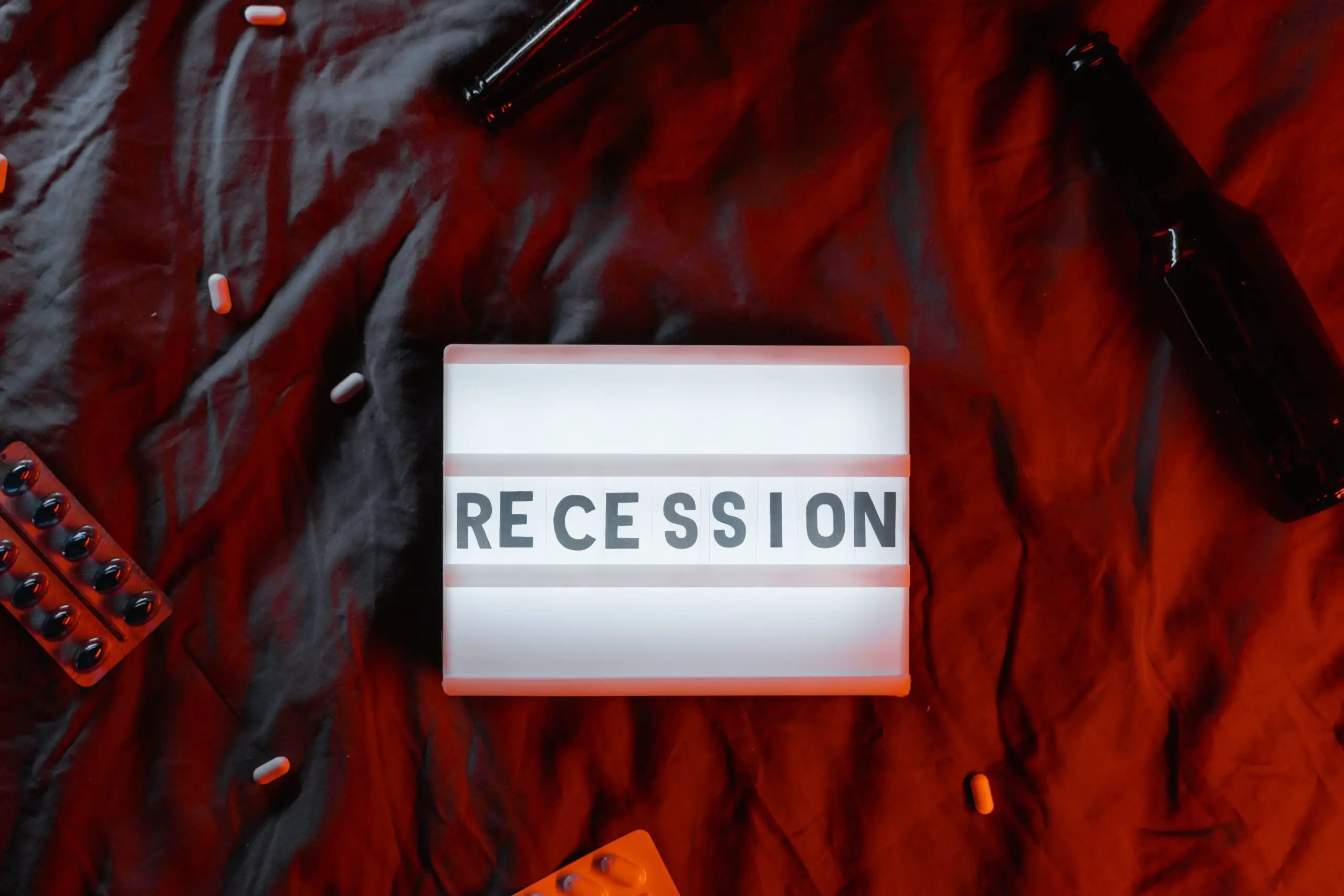Economists at the National Bureau of Economic Research (NBER) measure recessions by looking at nonfarm payrolls, industrial production, and retail sales, among other indicators, going far beyond the simpler (although not as accurate) two quarters of negative GDP measure.
The declines in economic output and employment that recessions cause can become self-perpetuating. For example, declining consumer demand can prompt companies to lay off staff, which affects consumer spending power, and can further weaken consumer demand.
What triggers a recession?
There are a variety of reasons recessions take place. Some are associated with sharp changes in the prices of the inputs used in producing goods and services. For example, a steep increase in oil prices can be a harbinger of a recession. As energy becomes expensive, it pushes up the overall price level, leading to a decline in aggregate demand.
A recession can also be triggered by a country’s decision to reduce inflation by employing contractionary monetary or fiscal policies. When used excessively, such policies can lead to a decline in demand for goods and services, eventually resulting in a recession. Other recessions, such as the one that began in 2007, are rooted in financial market problems. Sharp increases in asset prices and a speedy expansion of credit often coincide with the rapid accumulation of debt.
As corporations and households get overextended and face difficulties in meeting their debt obligations, they reduce investment and consumption. Which in turn leads to a decrease in economic activity. Not all such credit booms end up in recessions, but when they do, these recessions are often more costly than others. Recessions can be the result of a decline in external demand, especially in countries with strong export sectors.
Recessions may last as little as a few months, but the economy may not recover to its former peak for years.
Are we in a recession?
It is hard to predict some data points indicate we are while there are data points to suggest we are still not in a recession. History also suggests that usually we can confirm a recession only after that period or quarter is over.
References:
https://www.imf.org/external/pubs/ft/fandd/basics/recess.htm


